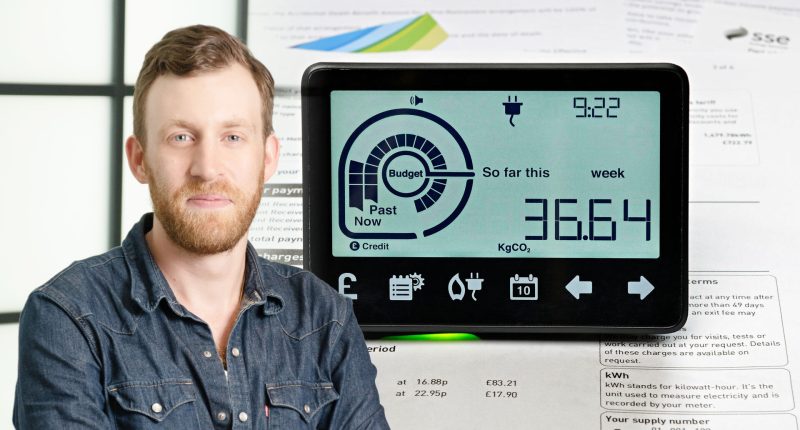MILLIONS of households who pay their energy bills by direct debit could be unaware that they can choose how their payments are calculated.
Even though bills have fallen by £151 a year thanks to a drop in Ofgem‘s price cap, households will still feel poorer heating their homes this winter.
This is because the support the government offered last winter is not returning this time round.
And the way in which you pay your bills also has a significant impact on your total costs.
Luckily, if you pay by direct debit you’ll be charged the lowest gas and electricity rates.
However, the way in which a monthly direct debit is set varies by each supplier.
Read more in money
We spoke to Ben Gallizzi, energy expert at Uswitch, to find out how it’s possible to only pay for what you use via a direct debit.
Usually, when you sign up for a direct debit with your energy firm, you’ll pay a fixed amount each month.
Your energy company will work out the cost of your energy for the year ahead and divide this into equal payments.
Most energy firms will use the average amount of gas and electricity used in previous years to calculate your monthly instalments.
Most read in Money
With a fixed direct debit, you can spread the cost of your energy use without any surprises.
You’ll usually hold a credit on your account in the warmer months to balance out and debits generated from higher gas usage in the winter.
But there is still a way to pay for exactly what you use each month without gaining credit or falling into debt.
Ben said: “You can pay via variable direct debit, where you only pay for the amount of energy you use each month.
“Those on variable direct debits may pay less for their energy during the summer months compared to people on fixed direct debits.
“However, this also means they could be paying more over the coldest months.
“Anyone wanting to pay by variable direct debit would ideally need a working smart meter or take very regular meter readings to ensure their bills are accurate.”
It’s important to weigh up the benefits of paying in this way as it might not be the best method for all.
Read More on The Sun
Ben said: “A variable tariff can be harder to budget for because it provides less certainty over what payments might be in future, so it may not be the best option for everyone – although some households may prefer only paying for what they use.”
Contact your supplier directly and ask to be moved onto a variable direct debit.










